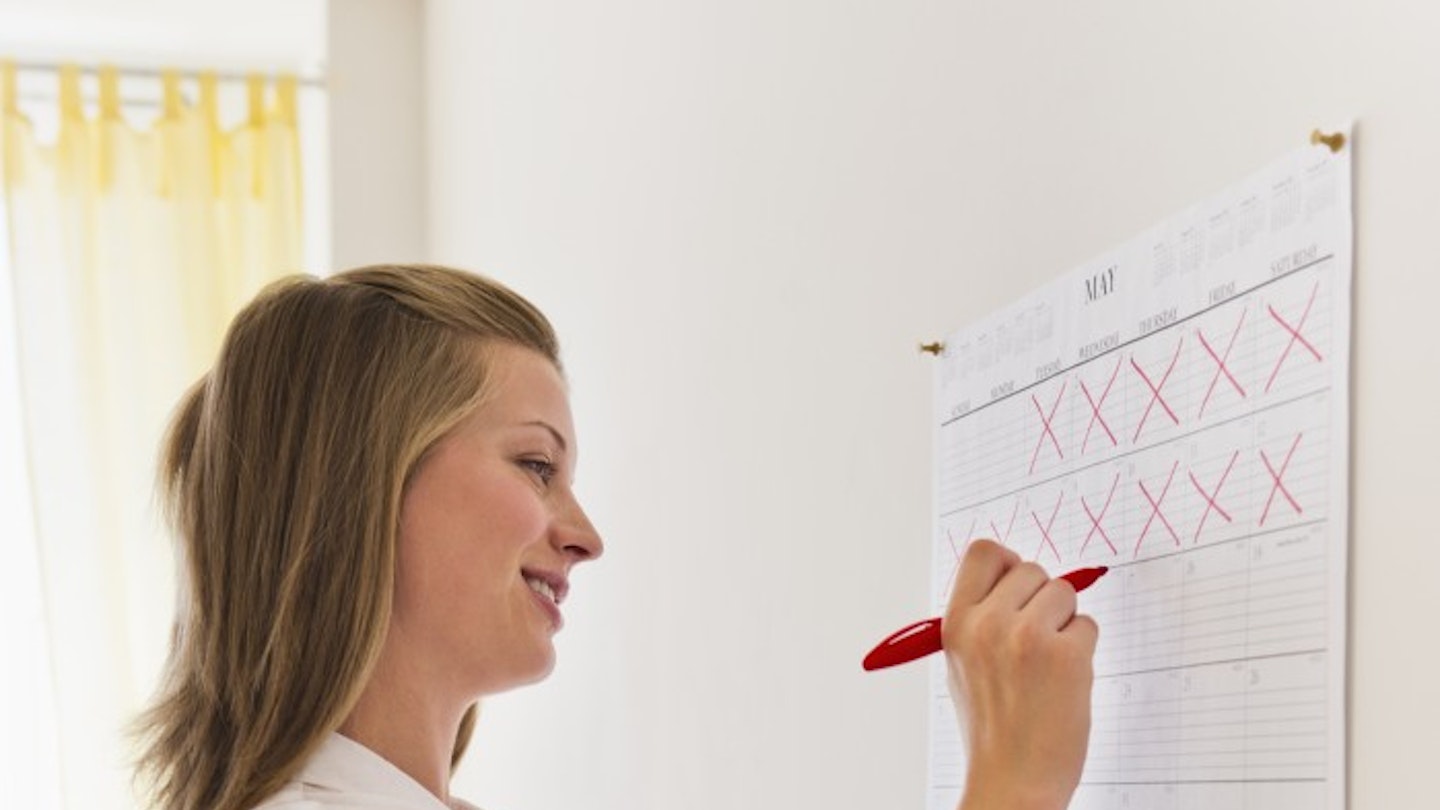Finding out you’re pregnant is one of most exciting moments in life. Until you start doing the financial calculations. Eek! But stop stressing and follow our simple saving tips
If there’s one thing that makes most of us glaze over with a combination of boredom and fear, it’s the idea of saving money. You know that you’re going to have to go without some of your favourite luxuries – then there’s the worry that even if you cut right back, you still won’t save enough.
Good job we’ve got some foolproof financial strategies that even the most mathematically challenged among us can cope with.
1. Budget
Yes, it’s stating the obvious but it’s hard to save when you have no idea what the hell you’re spending all your dosh on.
‘A proper budget is not a few scribbles on a scrap of paper,’ says Dan Plant from moneysavingexpert.com. ‘It should take you a couple of hours and include every single bit of income and expenditure.’
Try budgetbrain.com to work out what comes out daily, weekly, monthly and annually. It’ll help you see where you need to cut back.
Once you’ve done that and worked out where you can cut back, do another version of the budget including the stuff you need to buy for the baby like a cot, pram, etc. Then you’ll see what your shortfall is and how much you need to save.
2. Register with Freecycle
When you’ve worked out what you need before your baby arrives, check out this site to see what people are offering for free. The only things you should never use second hand are car seats and mattresses.
3. Open an ISA
You and your partner should both aim to open one each. ‘The rates aren’t as high as they used to be but you can still each deposit up to £5760 (2013 rate) tax free,’ says Dan.
4. Start a ‘loose change’ jar
Yep, just like those teenage years when you were saving for that Blur CD. ‘Throw in all your 1p and 2p coins – or bigger – that are weighing down your purse, your other half’s wallet/pockets and anything you find down the back of the sofa,’ says Dan.
5. Cut back on non-essentials
It’s another obvious thing, but we can’t stress enough how much, for instance, your daily Starbucks habit is costing you a year.
‘Try the Demotivator tool on moneysavingexpert.com – type in, say, your morning coffee expenditure and it’ll tell you what it costs per year. And show how many weeks you have to work to pay for it,’ says Dan.
For example, buying lunch at £5.00/day costs £1250/year. *faints*
6. Check out discount sites
They notify you of retail vouchers/reductions – vouchercodes.co.uk is a good one. And Mother&Baby deals offers 50 per cent off some great buys from pregnancy through to life with a baby or toddler, while many supermarkets including Tesco do baby weeks offering good discounts.
7. Join cashback sites
If you start changing your shopping habits before your baby is born it’ll become second nature to always try and get more bang for your buck.
Dan advises checking out sites like Quidco and Topcash who actually give you cash back for spending money with the retailers on their site. ‘It might take three to six months for the money to be paid to your account, but it can be a nice, unexpected bonus.’
8. It’s all about price comparison
Yes, we know it’ boring and time consuming, but now’s the time to start trying to cut the costs of your bills – you (and your baby) will benefit from this later.
